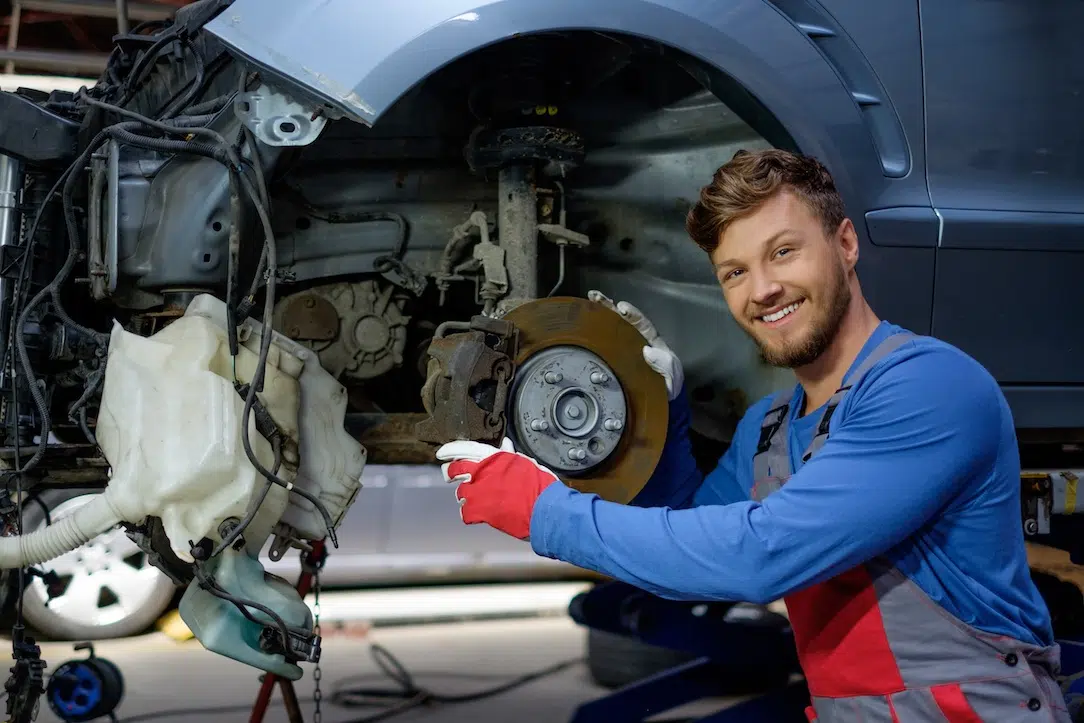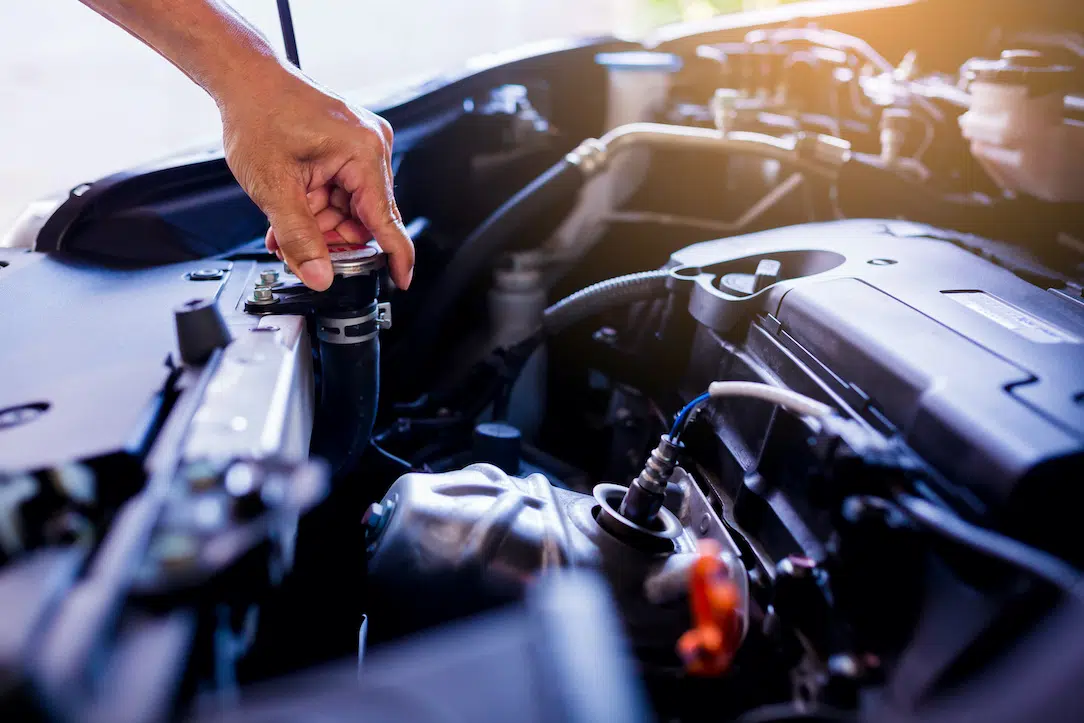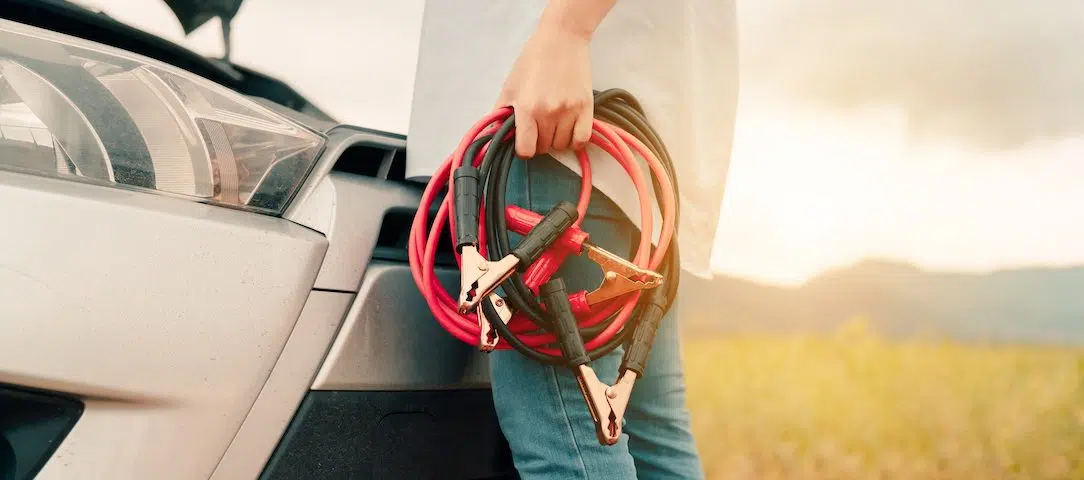
How to Stop Your Brakes from Squealing
September 15, 2022
How to Identify and Repair Car Radiator Problems
September 29, 2022If your car isn’t starting, or if it’s acting up for some other reason, you may have a car circuit problem. These problems can be difficult to diagnose and even more difficult to fix on your own, which is why it’s important to know what to do when they occur. In this blog post, we will discuss the most common car circuit problems and how you can troubleshoot them. We will also recommend some steps that you can take to prevent these problems from occurring in the first place.
What is the Car Circuit?
The car circuit is a network of electrical components and wiring that powers your car’s accessories and systems. It includes the battery, alternator, starter, fuse box, and more. When one of these components fails, it can cause the entire system to fail. This can lead to a number of problems, including a dead battery, blown fuses, and more.
Common Car Circuit Problems
There are a few different car circuit problems that are relatively common. These include:
1. Dead Battery:
One of the most common car circuit problems is a dead battery. This can happen for a number of reasons, including leaving your headlights on overnight or not starting your car for a long period of time. If your battery is dead, you’ll need to replace it with a new one.
2. Blown Fuses:
Another common problem is blown fuses. This can happen when too much electricity is drawn through the fuse, causing it to overheat and break. You’ll need to replace the blown fuse with a new one.
3. Loose Wires:
Another problem that can occur is loose wires. This can happen when a wire becomes detached from its connection or when a wire is damaged. You’ll need to repair or replace the damaged wire.
4. Corroded Connections:
Another common issue is corrosion. This can happen when the battery terminals or other connections become corroded. You’ll need to clean the corrosion off of the connection and then reconnect the wire.
5. Bad Alternator:
Another problem that can occur is a bad alternator. This can happen when the alternator fails to charge the battery or when it fails to provide power to the car’s electrical system. You’ll need to replace the alternator with a new one.
6. Bad Starter:
Another problem that can occur is a bad starter. This can happen when the starter fails to engage the engine or when it fails to provide power to the car’s electrical system. You’ll need to replace the starter with a new one.
Troubleshooting Car Circuit Problems
If you’re having car circuit problems, there are a few things that you can do to troubleshoot the issue. First, check all of the connections to make sure that they are secure. Next, check the fuses and replace any that are blown. Finally, check the battery terminals and connections to make sure that they are clean and free of corrosion.
If you’re still having problems, it’s best to take your car to Scott’s Auto so that we can diagnose and fix the issue.
Preventing Car Circuit Problems
There are a few things that you can do to prevent car circuit problems from occurring in the first place. First, make sure that you regularly check all of the connections to ensure that they are secure. Next, make sure to replace any blown fuses as soon as possible. Finally, keep the battery terminals and connections clean and free of corrosion.
If you follow these tips, you can help prevent car circuit problems from occurring. However, if you do experience problems, bring your car to a Scott’s Auto location nearest you!

